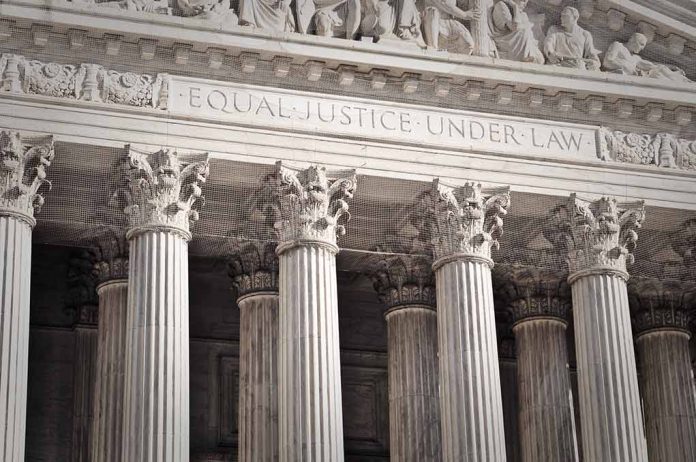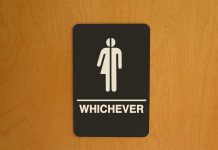
(USNewsBreak.com) – Debates have raged lately over social media, the First Amendment, and how much the right to free speech protects privacy. In a pair of cases, O’Connor-Ratcliff v. Garnier and Lindke v. Freed, the question arose as to whether a constituent could sue a public official for blocking them on social media. The Supreme Court heard arguments in the cases last October and has issued an opinion on both.
The Two Cases in Detail
The issue with the two cases is that the lower courts ruled differently.
In Lindke v. Freed, Port Huron resident Kevin Lindke went on to City Manager James Freed’s Facebook page and criticized his handling of the 2020 health emergency. Freed eventually deleted all of Lindke’s comments from his social media page, which he had made public following his election win in 2014, and blocked him. Lindke sued, claiming Freed had violated his First Amendment rights. A federal district court found in Freed’s favor.
In O’Connor-Ratcliff v. Garnier, the outcome was different. Kimberly and Christopher Garnier interacted on social media with Michelle O’Connor-Ratcliff, president of the board of education, and T.J. Zane, a board member, in the district where their kids attended. After repeatedly posting the same message dozens of times on both Twitter and Facebook, O’Connor-Ratcliff and Zane blocked the couple. The Garniers sued and, like Lindke, claimed the action violated their First Amendment rights. A federal district court ruled in the Garniers’ favor.
Standard for Public vs Private
In the opinion, which the SCOTUS justices unanimously agreed on and Justice Amy Coney Barrett wrote, the court laid out a test for determining when to attribute a public official’s speech to their role, allowing constituents to sue them for it.
First, public officials must have “actual authority to speak” for the government — in other words, they must hold roles that allow them to do so through election or appointment. Second, they must have intended to exercise such authority in their posts. This means the speech in question has to further an official’s responsibilities. Otherwise, it’s considered personal in nature.
The nature of the page, public or private, doesn’t necessarily factor in because, as Justice Coney Barrett pointed out, “Private parties can act with the authority of the state, and state officials have private lives and their own constitutional rights.” Additionally, officials must keep personal comments in personal spaces. Otherwise, they expose themselves “to greater potential liability.”
If a case meets those conditions, then constituents can hold public officials accountable for violating First Amendment rights. In issuing the opinion, the SCOTUS sent the two cases back to the lower courts to issue revised decisions on the questions at hand using the new standard set by the nation’s High Court.
Copyright 2024, USNewsBreak.com












